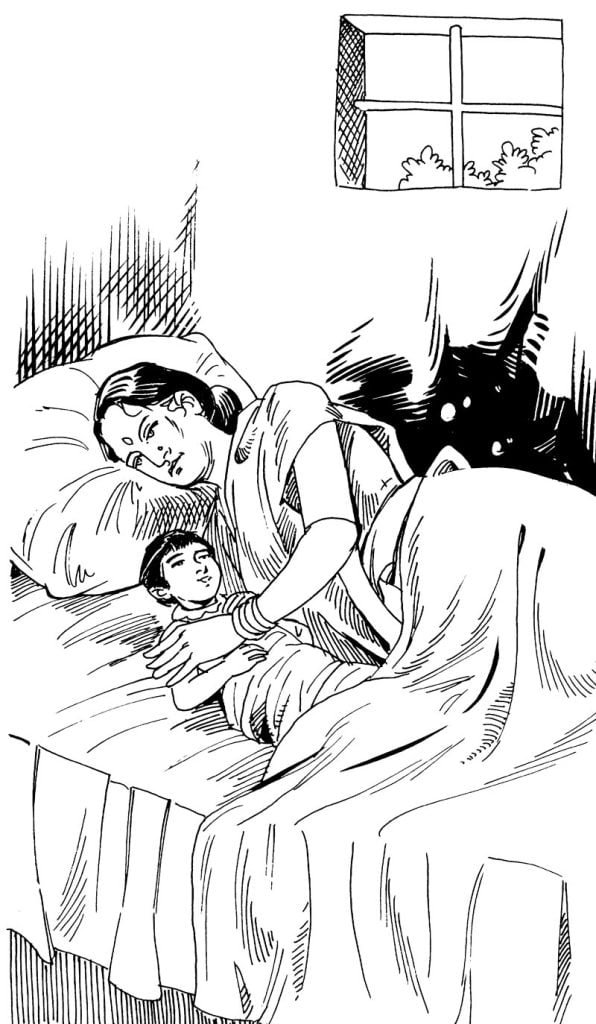Vallabhbhai was married at the age of 18 to Zaverbai in 1893. His wife was a docile and gentle lady who served her husband all her life with great devotion. Zaverbai’s relations with Vithal’s wife was not good because Vithal’s wife spends unnecessary money. On making the condition normal, Vallabhbhai send his wife to her father’s house. There only in 1903, she gave birth to a beautiful girl. She called her ‘Maniben’ with love. Thereafter she also gave birth to a boy.

Zaverbai was not well-off with her health. She had a disease attended with glandular swellings. So she left for Bombay to operate it. She had undergone the operation in Bombay’s Kama Hospital. At that time Vallabhbhai was very busy in his law profession. Due to heavy work pressure, he didn’t even went to see her. The operation was successful but later her condition immediately started deteriorating. And lastly she died leaving her husband, son and daughter alone. Vallabhbhai received the information about his wife’s death by a telegram. At that time he was pleading on an important case. After having an glimpse over the matter in the telegram, he kept it in his pocket and continued his pleading. After winning the case, when he came out, his colleagues asked him about the telegram. Vallabhbhai replied—“My wife is no more”. These words perplexed his colleagues and made them to think that how strong hearted is Vallabhbhai. He is different from everybody. That was the day people started realising his patience.
Vallabhbhai left for England in August 1910 after his elder brother returned from there in 1908. Vallabhbhai performed well and stood first in the last Bar Exams and returned back in the summer of 1913 as full-fledged Barrister. On Vallabhbhai’s return to India, the then Chief Justice of Bombay Sir Basil Scott offered him the post of a judge. But Vallabhbhai declined the offer saying that he intended to start his practice in Ahmedabad. This was partly because he was familiar with many of the Patidar families who had moved there and partly because Ahmedabad had only six barristers at that time, so Vallabhbhai’s chances of professional success were quite bright there. As before Vallabhbhai continued to specialize in criminal cases. Soon he was having a roaring practice. He was fearless and would not tolerate any discourtesy from the judge. His initial impact following his return from abroad is described by
G.V. Mawlankar, a resident of Ahmedabad and an early associate of Vallabhbhai, who later became the first speaker of the Lok Sabha in 1947—
“A smart young man, dressed in well-cut clothes, with a felt hat worn slightly at an angle, stern and reserved, his eyes piercing and bright, not given to many words, receiving the visitors with just a simple greeting but not entering into any conversation, and of a firm and pensive expression, almost as if he looked down upon the world with a sort of superiority complex, talking with an air of confidence and superiority whenever he opened his lips. Such was the new barrister, who had come to Ahmedabad for practice.”
When Vallabhbhai’s wife died, he was 34. At that time he decided not to marry again. It might be mentioned here that by 1913 his brother Vithalbhai had gone through the paces of entry into political life. He had been elected first to the Borsad Taluka Board in September 1911, then to the Kaira District Board in November 1911, and from there to the Bombay Legislative Council in January 1913.
